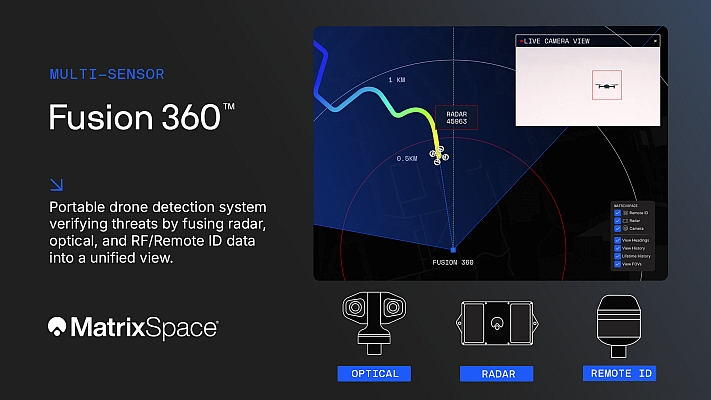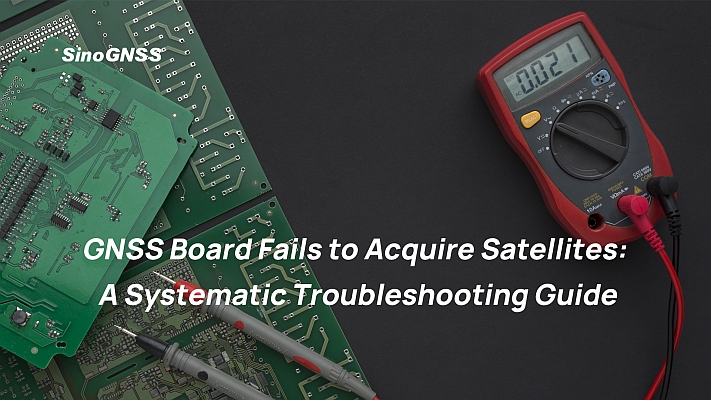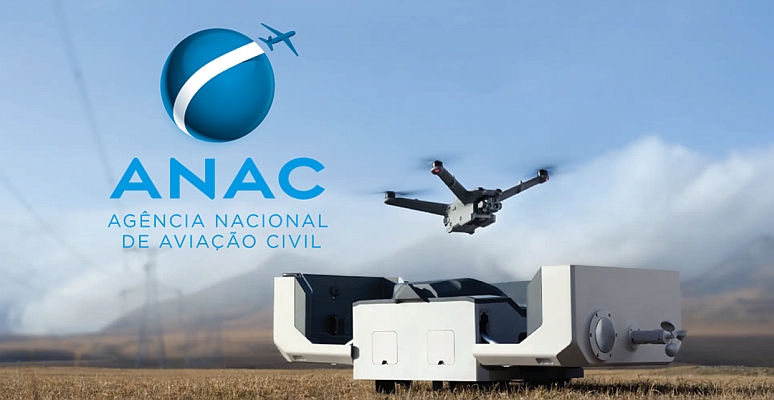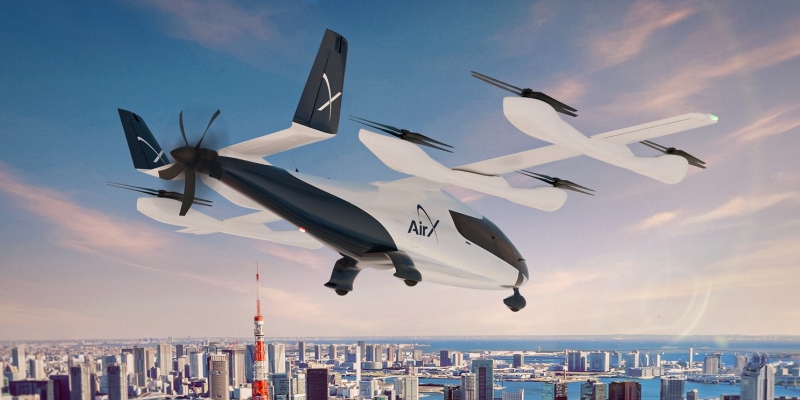India plans to build a constellation of seven geo-stationary satellites at a cost of Rs 1,600 crore to meet the navigational system requirements in cars, trains and aircraft. "Design (of the satellites) is more or less complete. We are in the process of building the first proto model," Secretary in the Department of Space G Madhavan Nair said.
"First launch will take place around 2010. We should be able to complete all the satellites by 2012," Nair, also the Chairman of Indian Space Research Organisation, told reporters on the sidelines of an international space meet here.
These seven geo-stationary satellites will cater to the navigational system requirements in cars, trains and aircraft, he said. "It can provide accurate timing signals all over the place," and also find applications in surveying as well locating things in times of disaster.
"If you want to have a global coverage, we have to have a constellation of nearly 24 satellite which has to be going around all over the world….20,000 km above the earth; whereas we have evolved a unique concept by which if you put in geostationary orbit, it will be continuously visible from our region. We need only a minimum number of satellites. Seven satellites will do this job," he said.
The Bangalore-headquartered ISRO is in the process of establishing the Indian Regional Navigation System based on these seven proposed satellites over India.
"For the constellation, we are going to spend around Rs 1,600 crore," Nair said.
The string of navigation satellites are expected to be launched by home-built Polar Satellite Launch Vehicle (PSLV).
"We want to build the satellite as small as possible," Nair added.
He also said the ISRO-promoted Indian Institute of Space Science and Technology, based in Thiruvananthapuram, would start functioning from September 14 with a first batch of 150 students.
Meanwhile, the second meeting of the International Committee on Global Navigation Satellite Systems got underway here.
Representatives of 14 international institutions from 13 countries are taking part in the four-day event hosted by the ISRO.






